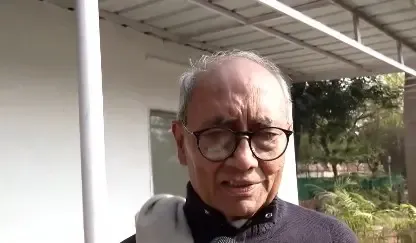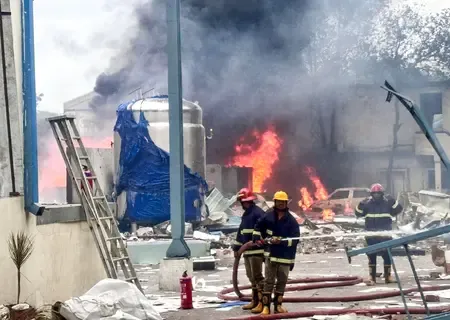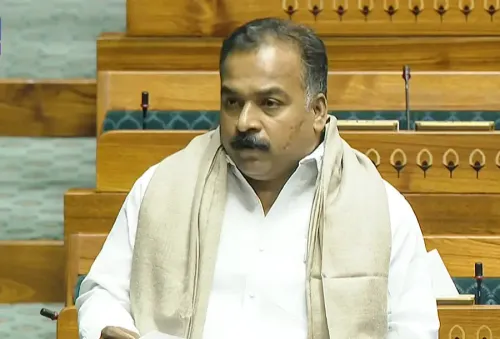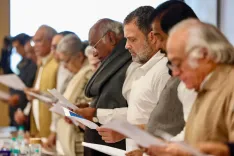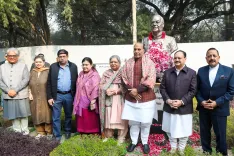Is Rapid Redevelopment Key to a Slum-Free Mumbai?
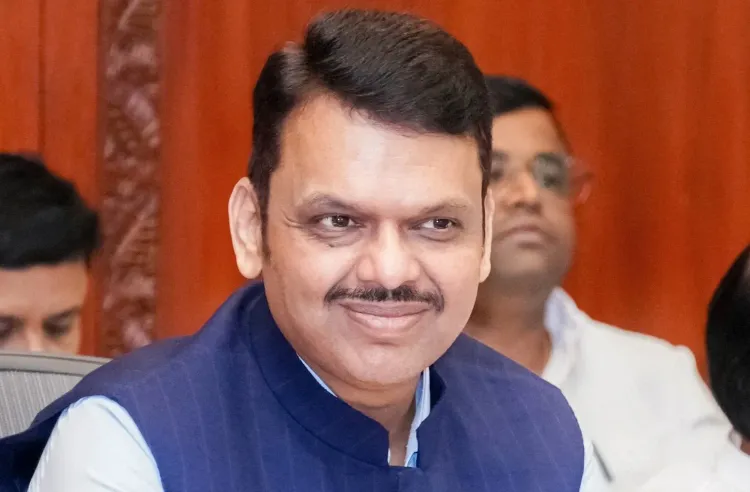
Synopsis
Key Takeaways
- Rapid redevelopment is essential for a slum-free Mumbai.
- Projects must be completed in a timely manner to avoid delays.
- Innovative technologies can expedite construction processes.
- Significant urban transformations are currently underway.
- The initiative aims to enhance living conditions for residents.
Mumbai, Aug 15 (NationPress) Chief Minister Devendra Fadnavis emphasized that the swift execution of redevelopment projects is crucial for achieving a slum-free Mumbai.
To eradicate slums in the city, it is essential that these initiatives are completed in a timely manner, minimizing delays.
During an event on Thursday, the Chief Minister stated, "To realize the vision of a slum-free Mumbai and expedite redevelopment efforts, we cannot afford to have projects lingering for decades. Once a redevelopment project is initiated, the site should be prepared within a year to a year and a quarter, with rehabilitation buildings constructed within the following year. Only then can we fulfill our dream of a slum-free Mumbai."
He highlighted that this transformation can be accomplished through innovative ideas, cutting-edge technologies, and a creative mindset.
CM Fadnavis mentioned that significant redevelopment efforts are currently in progress across Mumbai. The first phase of the BDD Chawl redevelopment was handed over to residents on Thursday.
"Individuals who resided in cramped 161 sq ft homes for nearly 100 years are now receiving spacious 500 sq ft flats. This represents the most extensive urban redevelopment initiative in Asia. In addition to redevelopment, slum rehabilitation presents a substantial opportunity for Mumbai. Cluster development is also unlocking new potential. Today, Mumbai features world-class architecture, iconic structures, and superb amenities," he remarked.
He further noted the necessity of introducing the latest global technologies to Mumbai. In the construction sector, such advancements now enable the erection of an 80-storey building in merely 120 days. Major infrastructure projects are also advancing in Mumbai.
"The Bandra–Versova Sea Link project is currently 60 percent complete and is set to be finalized within the next two years. Work is also being done to extend the sea link to Dahisar and eventually to Bhayandar. The Western Expressway manages 60 percent of Mumbai's traffic; a parallel route from the sea link to the Bhayandar–Vasai–Virar area is being developed and will later connect to the port. This will open up vast opportunities for the real estate sector in the entire northern belt," he added.
CM Fadnavis stated that while drafting Mumbai's new development plan, the city’s diversity and coastal characteristics necessitate consideration of various regulations, including military, naval, and forest laws.
Moreover, CM Fadnavis indicated that the Atal Setu project has paved the way for the creation of a "Third Mumbai." "An 'Edu City' will be established there, conveniently located just minutes from the upcoming Navi Mumbai International Airport," he noted.
"With the central government allowing foreign universities to establish campuses in India, we can now offer world-class education locally. Plans are underway to accommodate 12 of the world’s top universities on a 300-acre site, with land and specific shared infrastructure provided by the government. Agreements have already been made with seven universities, with some beginning their campus operations immediately. This initiative will house 100,000 residential students, fostering significant economic and social vibrancy," he concluded.


